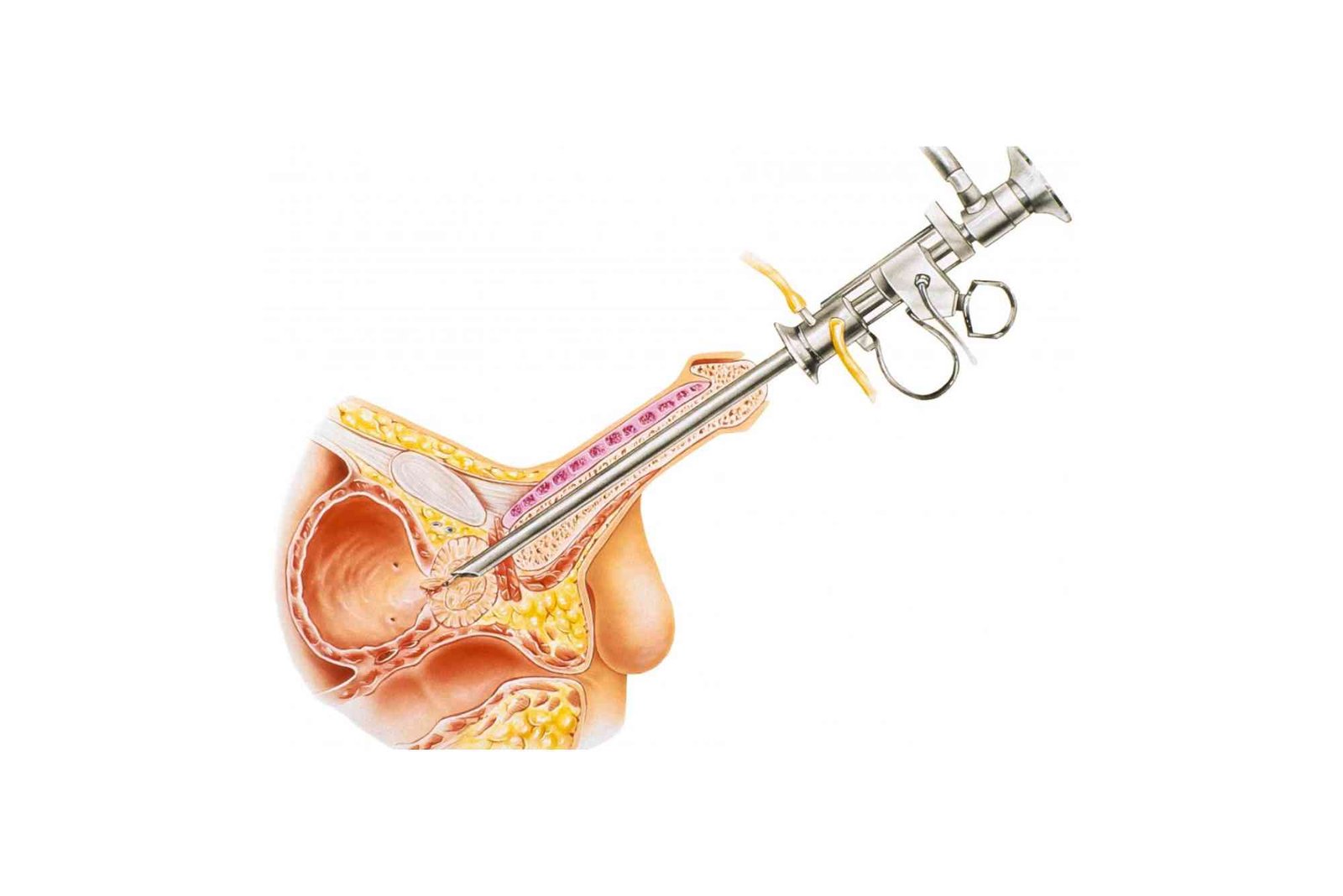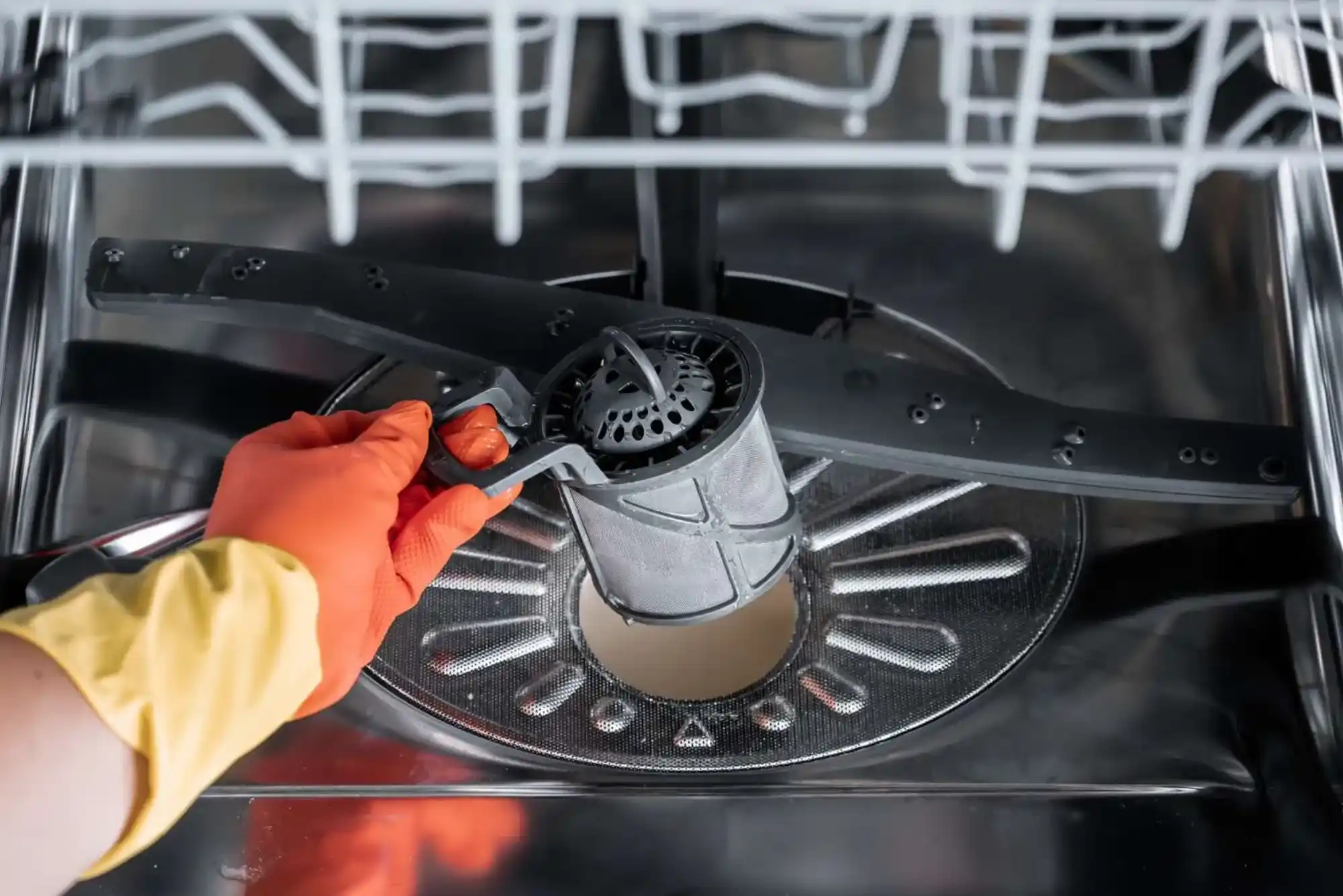Introduction
Benign prostatic hyperplasia, commonly referred to as BPH, affects a significant number of men, especially as they age. This condition, characterized by the enlargement of the prostate gland, can lead to uncomfortable urinary symptoms such as frequent urination, weak urine flow, and difficulty starting or stopping urination. Understanding the treatment options for BPH is crucial for managing symptoms effectively and maintaining quality of life.
When exploring What Are The treatment options for BPH, it is important to consider both non-invasive approaches and medical interventions. The right treatment often depends on the severity of symptoms, underlying health conditions, and personal preferences. Consulting a healthcare professional can help determine the best course of action.
Understanding BPH and Its Impact
BPH is a non-cancerous enlargement of the prostate gland that usually occurs in men over the age of 50. The prostate surrounds the urethra, and as it grows, it can constrict the flow of urine. This narrowing often causes common urinary symptoms such as urgency, nighttime urination, and incomplete bladder emptying. While BPH is not life-threatening, it can significantly affect daily life and sleep quality.
Recognizing symptoms early allows men to seek timely treatment. Lifestyle changes, medications, or minimally invasive procedures can relieve discomfort and prevent complications like urinary tract infections or bladder stones.
Lifestyle Modifications and Self-Care Tips
Lifestyle adjustments are often the first line of management for mild BPH symptoms. Men can benefit from practical changes that improve bladder control and reduce urinary frequency. For example, limiting fluids before bedtime can reduce nighttime trips to the bathroom, and avoiding caffeine or alcohol may prevent bladder irritation. Maintaining a healthy weight and engaging in regular exercise can also reduce symptom severity.
Bladder training techniques, such as scheduled urination and pelvic floor exercises, may help strengthen the muscles that control urination. These non-invasive measures are often recommended before medications or surgical options are considered.
Medical Management of BPH
When lifestyle changes are insufficient, medications are commonly prescribed. There are several classes of drugs that target different aspects of BPH:
Alpha-Blockers
Alpha-blockers relax the muscles of the prostate and bladder neck, improving urine flow and reducing symptoms. They work quickly, often providing relief within days or weeks. Common side effects may include dizziness, fatigue, or mild headaches, but they are generally well-tolerated.
5-Alpha Reductase Inhibitors
These medications shrink the prostate over time What Are The by blocking hormonal changes that contribute to prostate growth. While the effects may take several months to become noticeable, they can reduce the risk of BPH-related complications. Side effects can include reduced libido or sexual function changes.
Combination Therapy
For men with moderate to severe symptoms, a combination of alpha-blockers and 5-alpha reductase inhibitors may be prescribed. This approach targets both muscle tension and prostate size, offering more comprehensive symptom relief.
Other Medications
In certain cases, medications such as anticholinergics or phosphodiesterase inhibitors may be added to manage specific urinary symptoms. Each treatment plan should be individualized based on symptom severity and patient health.
Minimally Invasive Procedures
For men who do not respond well to medications, minimally invasive procedures can offer significant relief without the need for extensive surgery.
Transurethral Microwave Therapy (TUMT)
TUMT uses microwave energy to shrink excess prostate tissue. This outpatient procedure generally requires local anesthesia and has a quick recovery time.
Transurethral Needle Ablation (TUNA)
TUNA uses radiofrequency energy to target and destroy overgrown prostate tissue. It is effective for symptom relief and typically has minimal side effects.
Prostatic Urethral Lift
This procedure involves placing small implants to lift and hold the enlarged prostate tissue, relieving urethral pressure. Patients often experience immediate improvement in urine flow with minimal recovery time.
Water Vapor Therapy
Also known as Rezūm therapy, this method injects water vapor into the prostate, causing targeted tissue reduction. It is minimally invasive and preserves sexual function in most cases.
Surgical Treatments for BPH
When medications and minimally invasive procedures are ineffective or symptoms are severe, surgical options may be recommended. Surgery is typically considered for men with chronic urinary retention, recurrent infections, or kidney complications due to BPH.
Transurethral Resection of the Prostate (TURP)
TURP is considered the gold standard for surgical BPH treatment. It involves removing excess prostate tissue through the urethra to restore normal urine flow. Recovery time is moderate, and most patients experience significant symptom relief.
Open or Robotic Prostatectomy
In cases of very large prostate glands, open or robotic-assisted prostatectomy may be necessary. While more invasive, these procedures are highly effective in eliminating obstruction.
Laser Surgery
Laser procedures, such as Holmium Laser Enucleation of the Prostate (HoLEP), use focused energy to remove or vaporize prostate tissue. They generally offer shorter recovery times and reduced bleeding compared to traditional surgery.
Choosing the Right Treatment
Selecting the appropriate treatment depends on multiple factors, including the severity of symptoms, prostate size, age, and overall health. Men with mild symptoms may find lifestyle adjustments sufficient, while those with moderate or severe symptoms might benefit from medications or minimally invasive procedures. Surgery is reserved for cases where other interventions fail.
It is essential to discuss potential benefits and side effects with a healthcare professional. Informed decisions can prevent complications and improve long-term urinary health.
Supporting Prostate Health Naturally
Alongside medical treatment, several natural strategies can support prostate health. Diet plays a key role, with foods rich in antioxidants, healthy fats, and nutrients like zinc and selenium offering potential benefits. Regular exercise helps improve overall circulation and hormone balance, which may slow prostate growth.
Certain supplements, such as saw palmetto, beta-sitosterol, and pygeum africanum, have been studied for their potential to ease BPH symptoms. While results vary, they may complement conventional treatment under the guidance of a physician.
Monitoring and Follow-Up
Regular monitoring is crucial for men with BPH. Follow-up visits allow healthcare providers to assess symptom progression, adjust medications, and detect potential complications early. Urine tests, prostate exams, and imaging studies may be used periodically to ensure effective management.
Men are encouraged to maintain an open dialogue with their healthcare provider about changes in urinary patterns, sexual function, or medication side effects. Early intervention can prevent severe complications and maintain quality of life.
What Are The Treatment Options For Bph combination of awareness, lifestyle adjustments, medical intervention, and, in some cases, surgical treatment. From simple lifestyle changes to advanced surgical procedures, understanding What Are The TreatmentOptions For BPH — Practical Tips and Expert can empower men to make informed decisions about their health. Consulting a healthcare professional ensures a personalized approach tailored to individual needs. Taking proactive steps today can improve urinary function and enhance overall well-being.
If you or a loved one are experiencing BPH symptoms, consult a qualified healthcare provider to explore your options and find a solution that works best. Early intervention can make all the difference. Read more on www.britannica.com for detailed insights into prostate health and treatment options.
FAQs
What is the best medication for BPH?
The choice of medication depends on symptom severity and prostate size. Alpha-blockers and 5-alpha reductase inhibitors are commonly prescribed.
Can BPH be cured without surgery?
Many men manage symptoms effectively with lifestyle changes and medications, avoiding the need for surgery.
Is BPH dangerous if left untreated?
While BPH is not cancerous, untreated symptoms can lead to urinary infections, bladder stones, or kidney damage.
Are natural remedies effective for BPH?
Certain supplements and dietary adjustments may ease symptoms, but they should complement, not replace, medical treatment.
When is surgery recommended for BPH?
Surgery is considered when symptoms are severe, medications fail, or complications such as urinary retention occur.
Does BPH affect sexual function?
Some medications for BPH may affect libido or erectile function, but minimally invasive procedures often preserve sexual health.
How can I prevent BPH?
While BPH cannot always be prevented, a healthy diet, regular exercise, and routine medical checkups may slow progression.




